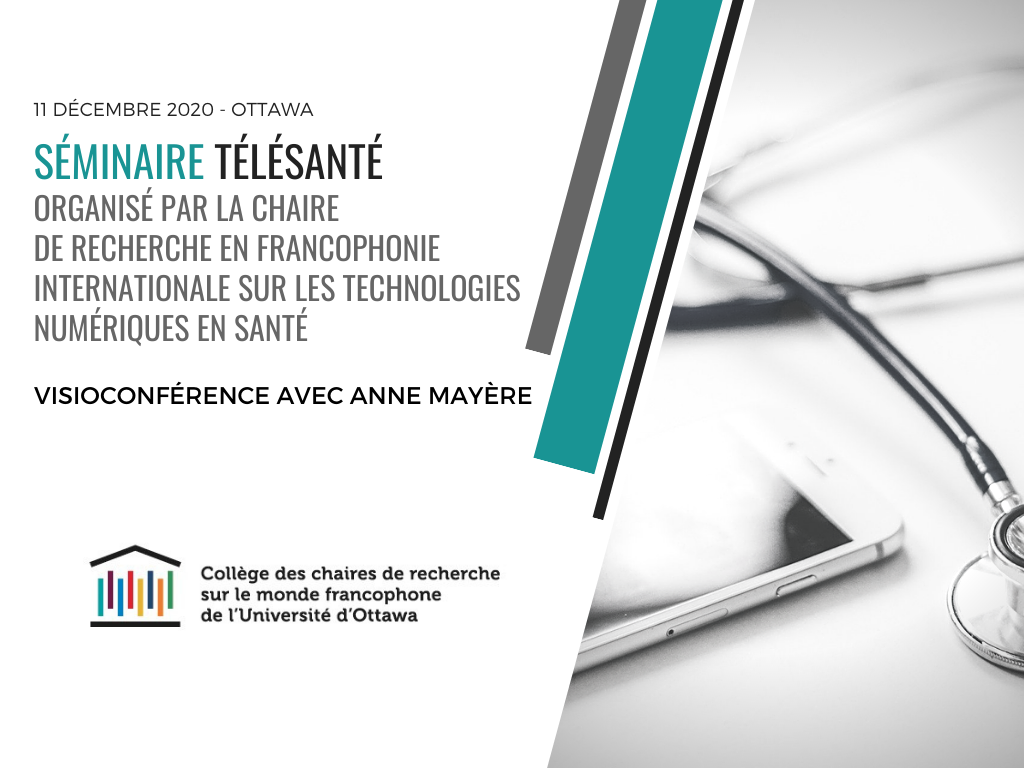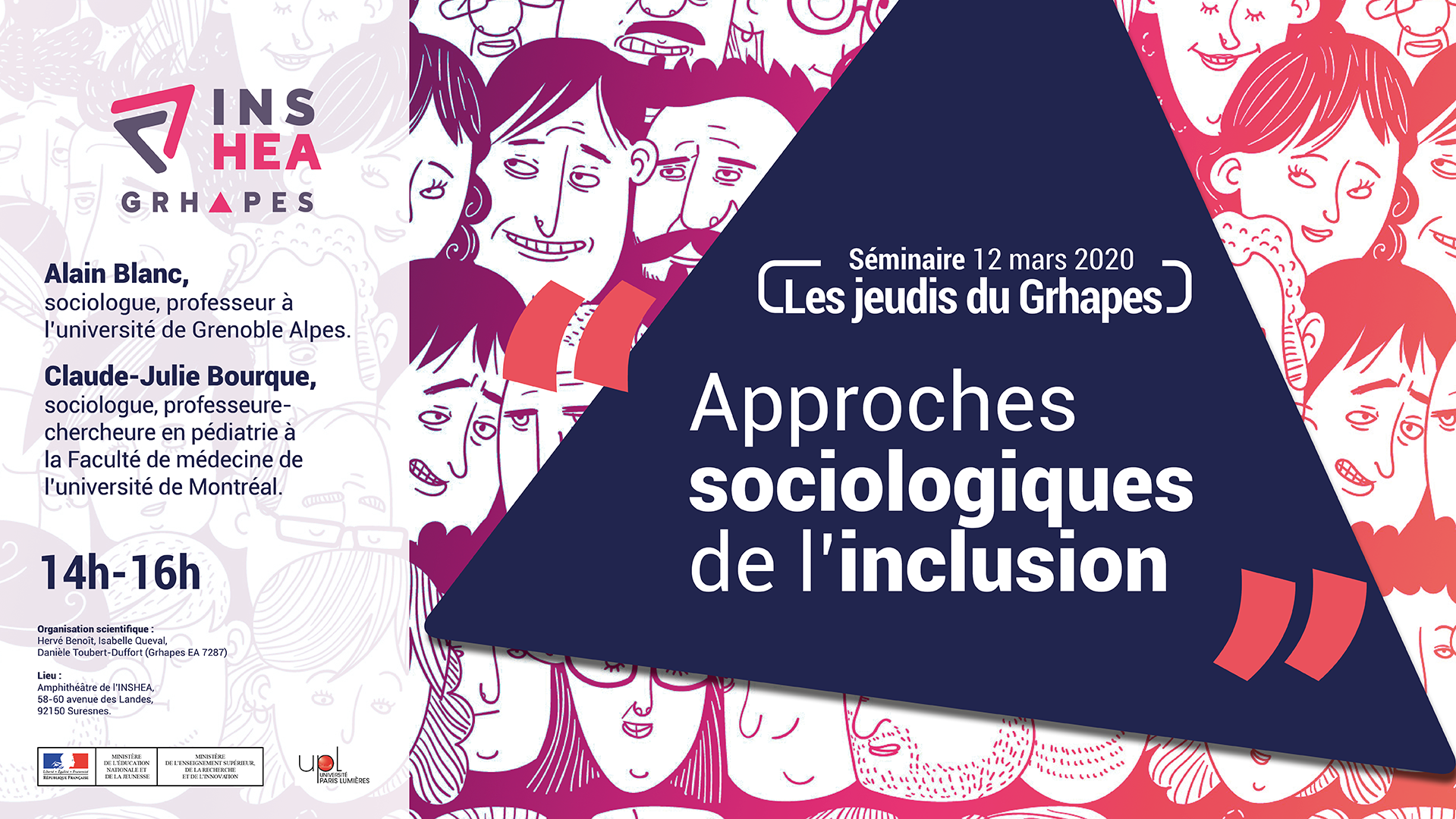Notice
Cost-effectiveness analysis for decision making, illustrated theory
- document 1 document 2 document 3
- niveau 1 niveau 2 niveau 3
Descriptif
Interface technology/clinical/SHS/public health : case study interventional radiology
In a health care system with limited resources, each euro invested in a health care intervention is no longer available for another intervention. This imposes the need for a prioritization of health care interventions according to their additional value for money for maximizing health at a given cost. Cost-effectiveness analyses may answer two main questions: 1) does an intervention present sufficient value for money to be funded within a health system? The decision is based on the absolute value of the incremental cost-effectiveness ratio; 2) is further research needed to inform the decision (reduce uncertainty)? This involves bayesian value of information analyses.
Cette présentation a été donnée dans le cadre du ScientificBRIO Day 2 organisé annuellement par le SIRIC BRIO et qui a pour but de réunirtous les acteurs du SIRIC BRIO et plus largement de la cancérologie à Bordeaux.
Intervention / Responsable scientifique
Thème
Dans la même collection
-
-
BRIO's facts and figures, structuration projects : Axe Cancer, translational research centerUpdate …
SoubeyranPierreUpdate the implementation of BRIO Brio organisation is now fully up and running, and more than 100 research projects are currently active into the 6 integrated research programmes. In addition,
-
-
Bordeaux Cancer Initiative
DessisDamienElustondoFrédéricTranslational science : how to move from biology to clinical applications Upon request of the University, the SIRIC was mandated to develop a transversal cancer axis at the University. The axis
-
Sociology contribution to understanding the (no)diffusion of a medical innovation
GorryPhilippeInterface technology/clinical/SHS/public health : case study interventional radiology We will present results of an undergoing study on the socioeconomic processes of recognition in oncology of a
-
Translational cancer genomics and proteomics
SleijferStefanTranslational science : how to move from biology to clinical applications Evaluation of cell-free DNA (cfDNA) is a very attractive tool to serve as “liquid biopsy” to define and establish
-
Expert panel discussions : why translational research matters
CameronDavidEn point d'orgue du Scientific BRIO Day, David Cameron, spécialiste reconnu en Oncologie, Professeur à l'Université d'Edimbourg, anime un débat sur la question de la recherche dite translationnelle,
-
Standardizing G8 evaluation
SoubeyranPierreNon-pharmaceutical innovations and public health Management of the frail elderly with cancer is a challenge. Beside a poor outcome as compared to younger subjects, physicians will face increased
-
A new preclinical model to test the response of breast cancer to genomically targeted therapy
IggoRichardTranslational science : how to move from biology to clinical applications The rapid progress in next generation DNA sequencing technology (NGS) means it is now possible, in principle, to obtain a
-
Sur le même thème
-
Utiliser la lumière pour comprendre la matière
ChapronDavidDavid Chapron, enseignant-chercheur du LMOPS (Laboratoire Matériaux optiques, photonique et systèmes), présente la technique de spectroscopie Raman dont il est l'un des spécialistes français.
-
01. Le soin du détail (Avec Emilie Chanel)
PoncetRomainChanelEmilieCe podcast est proposé par la Chaire Valeurs du Soin, animé par Romain Poncet, ingénieur de recherche en sociologie.
-
02. Faire de son mieux (Avec Nathalie Vallet-Renart)
Vallet-RenartNathaliePodcast animé par Romain Poncet, ingénieur de recherche en sociologie.
-
Place du brevet dans la recherche d'un laboratoire
DutreixMarieGirardPierre-MarieInterview : la place du brevet dans la recherche d'un laboratoire par Marie Dutreix, directrice de recherche à l'institut Curie.
-
Influence des comportements de santé sur le jugement des femmes consommatrices et atteintes de canc…
AuriolCamilleLes doctorants des universités de Toulouse (UT1C/UT2J/UT3) et de l'Université de Québec à Montréal (UQAM) ont organisé un séminaire de présentation et d'échanges autour de leurs travaux de recherche,
-
[FAB.ISS] Session #5 La fabrique des inégalités sociales de santé et cancer(s)
NicaiseSarahMayèreAnneTerralPhilippeGaboritEmilieDefossezAdrienBartheJean-FrançoisSymposium International FAB.ISS - Ce symposium proposé en 2020 en visioconférence s'intéresse à la fabrique des inégalités sociales de santé, du point de vue des disciplines de sciences humaines et
-
Explorer les impensés de dispositifs de télé-surveillance sur les patient.e.s et leurs modes de vie
MayèreAnneLa conférence du Pr. Anne Mayère (CERTOP, IFERISS, Université de Toulouse, France) est organisée dans le cadre du séminaire télésanté de la Chaire de recherche en francophonie internationale sur les
-
Les jeudis du Grhapes : « Approches sociologiques de l'inclusion », Claude-Julie Bourque, sociolog…
« Approches sociologiques de l'inclusion » Guérir, et puis après... ? Claude-Julie Bourque, sociologue, professeure-chercheure adjointe au département de pédiatrie de la Faculté de médecine de
-
SFjRO Rouen 2019 - Radiosensibilité et apoptose lymphocytaire
Radiosensibilité et apoptose lymphocytaire
-
SFjRO Rouen 2019 - Applications cliniques de la protons thérapie
Applications cliniques de la protons thérapie
-
SFjRO Rouen 2019 - Association therapie systémique et radiothérapie
Association therapie systémique et radiothérapie
-
SFjRO Rouen 2019 - Bases physiques et biologie de la proton thérapie
Bases physiques et biologie de la proton thérapie


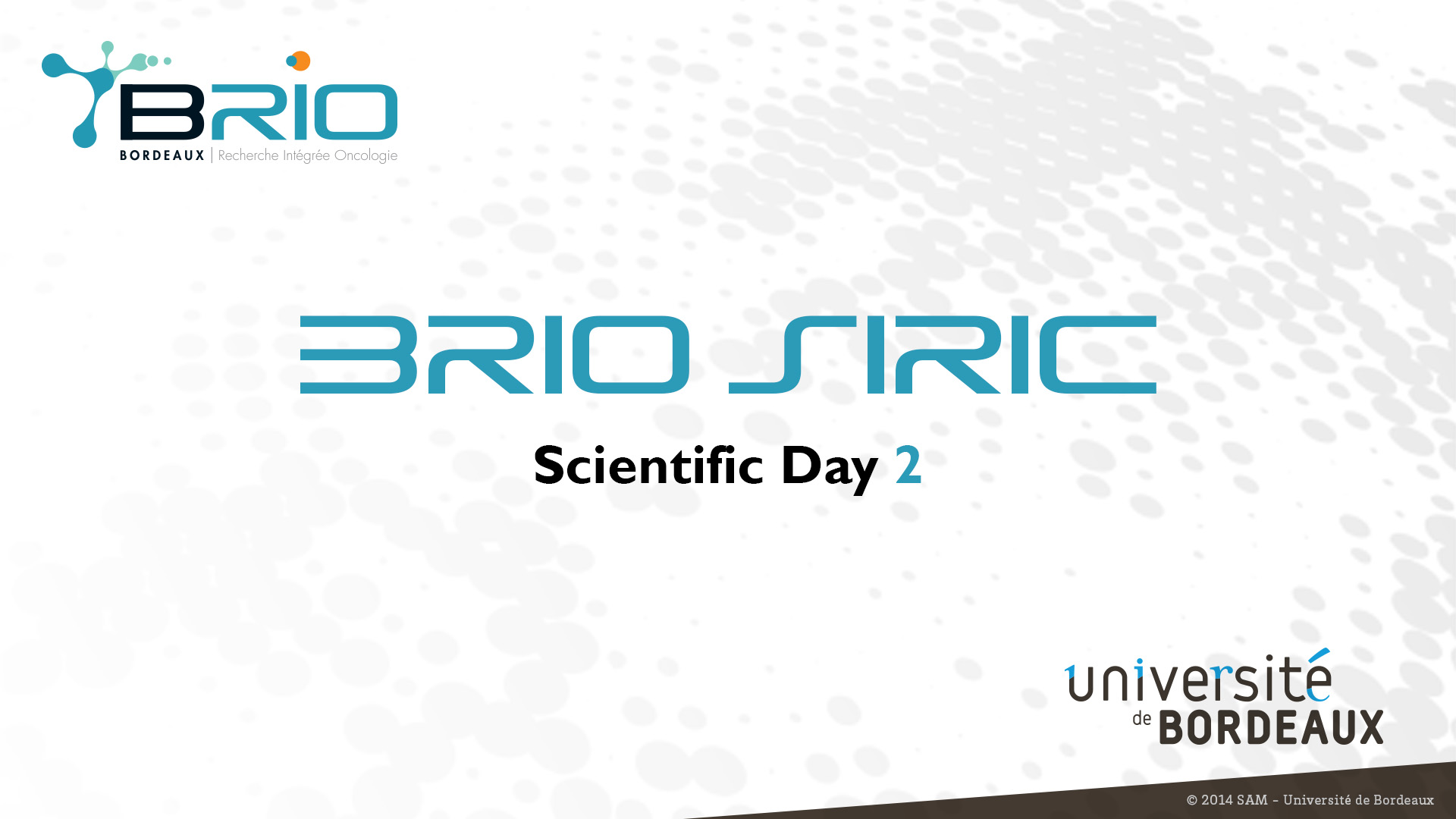









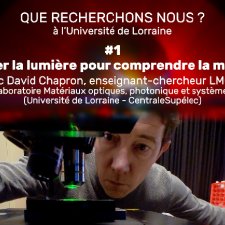

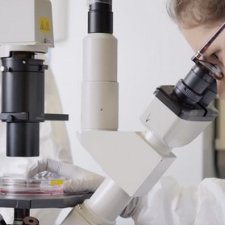
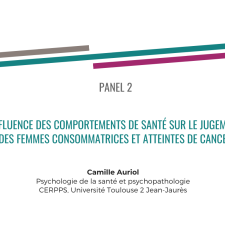
![[FAB.ISS] Session #5 La fabrique des inégalités sociales de santé et cancer(s)](https://vod.canal-u.tv/videos/media/images/iferiss/.fab.iss.session.5.la.fabrique.des.inegalites.sociales.de.sante.et.cancer.s._59509/7.png)
